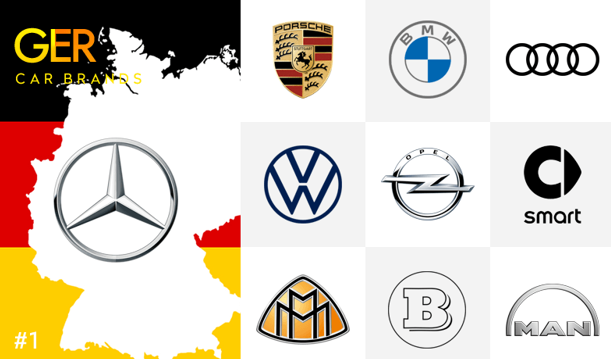After several months of decline, Germany’s car market showed a slight uptick in October. However, the demand for electric vehicles (EVs) continues to struggle, raising concerns about the country’s transition toward sustainable transportation.
German Car Market Sees Modest Growth in October
In October 2024, Germany recorded a total of 231,992 new car registrations, representing a six percent increase from the same month last year, according to data from the KBA federal transport authority. This marked the first growth in the German auto market since June, driven largely by an increase in commercial vehicle sales, which grew by about 10 percent. Meanwhile, new private vehicle registrations declined by 2.5 percent, showing mixed demand between segments.
Electric Vehicle Sales Continue to Decline
The October report also revealed that battery-powered electric vehicle sales continued to decline, dropping about five percent compared to last year. EVs accounted for only 15 percent of total new registrations, a notable dip from the 2023 average of approximately 18 percent. This trend follows the phase-out of government subsidies for EV purchases, which had previously helped stimulate sales. Analysts are concerned about the long-term impact on EV adoption in Germany, a country known for its commitment to sustainable energy.
Economic Gloom Dampens Consumer Confidence
Germany’s economic outlook remains uncertain, impacting consumer confidence and willingness to invest in new vehicles. Constantin Gall, an analyst at consultancy EY, pointed out the “very gloomy” economic conditions, which he believes are contributing to a general hesitation among potential car buyers. Gall estimates that total car sales for 2024 will likely fall around 20 percent below pre-pandemic levels from 2019, indicating that market recovery remains distant.
End-of-Year Market Predictions Remain Cautious
Gall anticipates that Germany’s car market will not experience any significant growth before the year’s end, particularly in the electric vehicle sector. He forecasts a nearly 30 percent drop in new EV registrations compared to 2023, attributing the decrease to current economic conditions and the higher costs associated with EV ownership. While government subsidies played a crucial role in past EV sales growth, the lack of incentives now leaves consumers hesitant to transition to electric vehicles.
Potential EV Sales Growth Expected in 2025
Despite the current downturn in EV sales, Gall suggests that a recovery might be on the horizon for 2025. As auto manufacturers race to meet more stringent EU emissions regulations set to take effect that year, they are expected to reduce EV prices, making these vehicles more accessible to consumers. This anticipated price adjustment, combined with growing environmental concerns, may help spur greater adoption of electric vehicles in the future.
Challenges for European Automakers Intensify
Germany’s automotive industry faces multiple challenges, including weak domestic and overseas demand, rising manufacturing costs, and fierce competition from foreign markets. The situation is particularly challenging for German automakers, who have invested heavily in the Chinese market and are now encountering stiff competition there. To navigate these pressures, industry leaders may need to adjust their strategies and look for opportunities to increase their domestic and international competitiveness.




